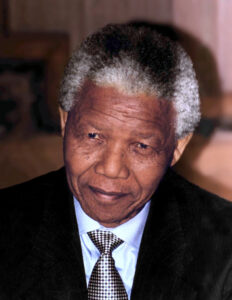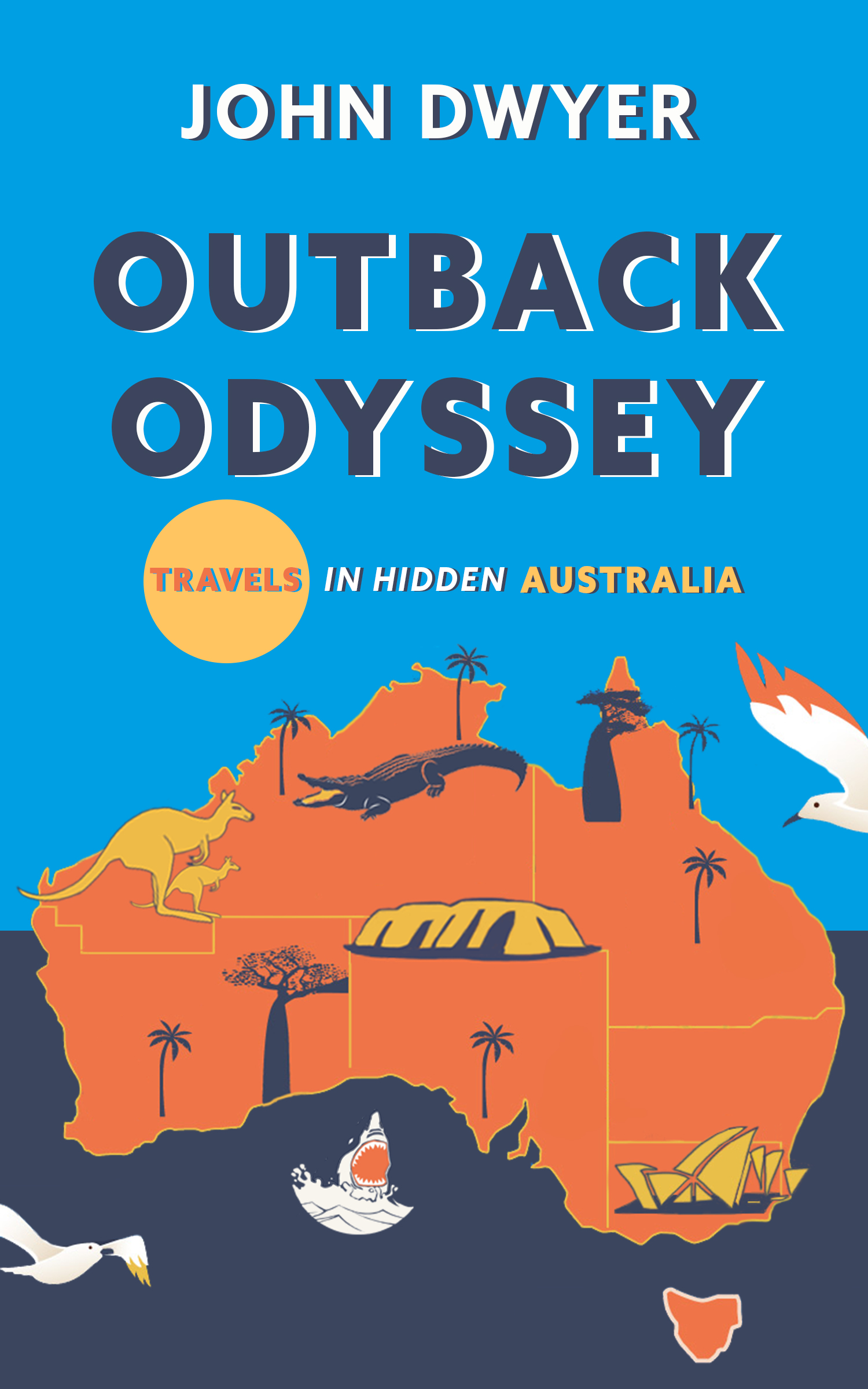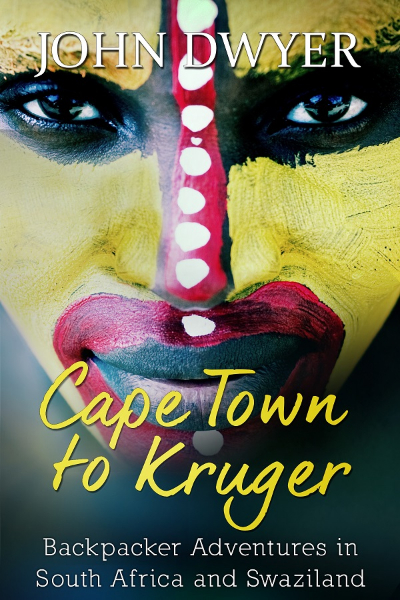Invictus – Nelson Mandela’s Greatest Victory
This is an extract from my book Cape Town to Kruger: Backpacker Adventures in South Africa and Swaziland. It describes my visit to Robbin Island and the cell where Nelson Mandela spent so many years.
Inside the prison, we were shown the cell where Mandela spent much of his adult life. His prisoner number is now almost as famous as his name – 466/64, as the 466th prisoner admitted in 1964. Unlike the metal bed on display, when he first arrived he had to sleep on a straw mat on the ground. I peeped out the small window of his cell, providing a view of the exercise yard. This was his view of the world for the eighteen years he spent on Robben Island. From that tiny cell, he formulated his thoughts on the future of his country. I felt humbled to share the same space he had, even for a few short moments.
“Black prisoners were called boys and forced to wear shorts, usually worn by children, instead of pants,” Derick told us. “They also only received one cube of sugar, while coloured prisoners got two. Black prisoners also got only half the allowance of meat, fish, tea and coffee that coloured and Indian prisoners were entitled to.”
“Was this the same for Mandela?” a member of the tour group asked.
“Yes, he was treated the same way,” replied Derick. “Like the other prisoners, Mandela was only allowed one letter every six months and only one visit. The authorities censored newspapers and letters so heavily that when you got them, they were unreadable. They didn’t speak our African languages and so anything they didn’t understand, they cut out.”

What our guide did not add was that, while in prison, Mandela lost his son in a car crash, his mother to natural causes and the authorities refused to allow him attend either funeral. He also suffered permanent eye damage while being forced to work in the nearby lime quarry.
Those blows would have drowned any other man in bitterness and despair. Mandela later told how, in moments of doubt and weakness, he drew great strength from the poem Invictus, written by William Ernest Henley.
The poet was a man who could certainly sympathise with Mandela’s brief moments of despair. Henley contracted tuberculosis of the bone when he was just twelve years old. He suffered from the disease until he was twenty-five but, by that time, it had progressed all the way to his foot. The doctors told him they would have to remove his severely infected leg immediately and that, if he were to survive, they would need to remove the other one as well. A strong-willed person, he gave the doctors permission to remove one leg, but insisted on keeping the other. In 1875, from his hospital bed, he wrote Invictus, Latin for undefeated. It was the perfect response to the challenges of life.
Mandela recited the poem to himself and other prisoners as a way to bolster their spirits, motivating them to press onward. Despite the succession of injustices he suffered, Mandela felt empowered by the poem’s message of self-mastery and refused to bow his head. After nearly twenty years of study, he obtained a distance-learning law degree from the University of London in 1988. Along with other prisoners, he founded Robben Island University, where prisoners shared knowledge through lectures. He even learned Afrikaans to bolster relations with the prison guards.
Even though it was where Mandela and others endured years of unjust imprisonment, Robben Island is now a monument to the victory of forgiveness over revenge. After what he had suffered, the man released in 1990 after 26 years in prison was not a bitter, hate-filled terrorist. He was instead a man who preached forgiveness and reconciliation. He even invited his former prison warders to his presidential inauguration ceremony. His message of reconciliation helped keep the country together during those crucial years after the end of white rule, forging a new South Africa. Against the odds, Mandela had won the final victory. He had overcome. He was Invictus.
Out of the night that covers me,
Black as the Pit from pole to pole,
I thank whatever gods may be
For my unconquerable soul.
In the fell clutch of circumstance
I have not winced nor cried aloud.
Under the bludgeonings of chance
My head is bloody, but unbowed.
Beyond this place of wrath and tears
Looms but the Horror of the shade,
And yet the menace of the years
Finds, and shall find, me unafraid.
It matters not how strait the gate,
How charged with punishments the scroll,
I am the master of my fate:
I am the captain of my soul.
― William Ernest Henley, Invictus
Category: Cape Town to Kruger







